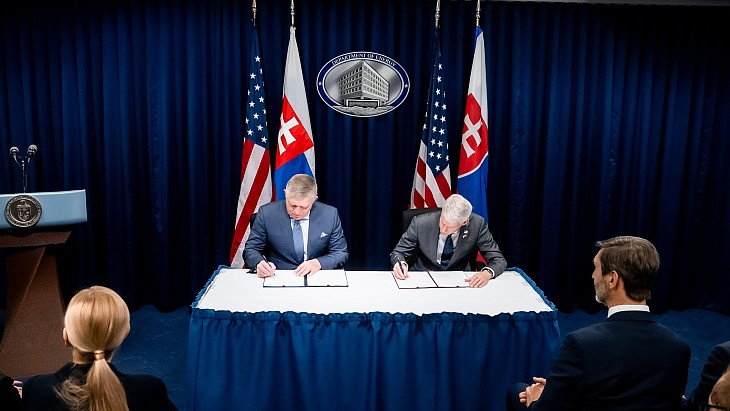Sudan wants to increase its installed electricity capacity to support socio-economic development, particularly in the industrial, agricultural and mining sectors. The government has projected that demand for electricity will more than double to around 8500 MWe by 2031. Of the country's 2015 electricity production of 13 TWh, 8 TWh was from hydro and 5 TWh from fossil fuels.
The INIR mission reviewed the status of nuclear infrastructure development using the Phase 1 criteria of the IAEA's Milestones Approach, a comprehensive method to assist countries that are considering or planning their first nuclear power plant which splits the activities necessary to establish the infrastructure for a nuclear power programme into three progressive phases of development. The end of Phase 1 marks the readiness of a country to make a knowledgeable commitment to a nuclear power programme.
The INIR team of IAEA staff and experts from Morocco, Slovenia and South Africa was hosted by Sudan's Nuclear Energy Programme Implementing Organisation (NEPIO), which is chaired by the undersecretary of the Ministry of Water Resources, Irrigation and Electricity (MWRIE).
Anthony Stott, operational lead of the IAEA's Nuclear Infrastructure Development Section, said "good discussions" had provided additional information to the team for each of the 19 infrastructure issues that are addressed during an INIR mission. "It is evident that there is a strong commitment from the government of Sudan to developing the infrastructure needed for a safe, secure and peaceful nuclear power programme," he said.
The INIR team said NEPIO serves as an effective mechanism for involving a wide and comprehensive range of national stakeholders in the relevant activities. Sudan has enacted a comprehensive nuclear law and established a nuclear regulatory authority, and the country has completed a significant number of studies on different nuclear infrastructure issues which contributed to the development of a prefeasibility report. The INIR team noted that some of those studies may need to be reviewed and updated to better prepare the country for the next stages of the nuclear power programme.
Recommendations and suggestions from the INIR team, highlighting areas where further action would benefit Sudan, include: finalising national policies to support the nuclear power programme; strengthening plans to join international legal instruments and assessing and developing the country's legal and regulatory framework; implementing plans to support the development of key organisations and to enhance public awareness about the nuclear power programme; and further analysing the preparedness of the electrical grid and approaches to funding, financing and radioactive waste management.
The team also identified good practices that would benefit other countries considering the introduction of nuclear power in the areas of national position and site and supporting facilities.
Musa Omer Abu Elgasim, undersecretary of MWRIE and chairman of the NEPIO, said the government is committed to developing the nuclear power programme in compliance with international legal instruments and IAEA safety standards and security guidance. "Sudan has spent more than a decade developing infrastructure for its nuclear power programme, where nuclear safety and security are embedded in every aspect of activities, with excellent support from the IAEA," he said, adding his assurance that Sudan is "open" to implementing the INIR mission's recommendations and suggestions.
Sudan in May 2016 signed a framework agreement with China National Nuclear Corporation for construction of one or two 600 MWe nuclear power reactors, and formulation of a nuclear cooperation roadmap for the next ten years and in 2017 signed a memorandum of understanding on the peaceful uses of nuclear energy with Rosatom.

.jpg)



_19544_40999.jpg)

_66668.jpg)






